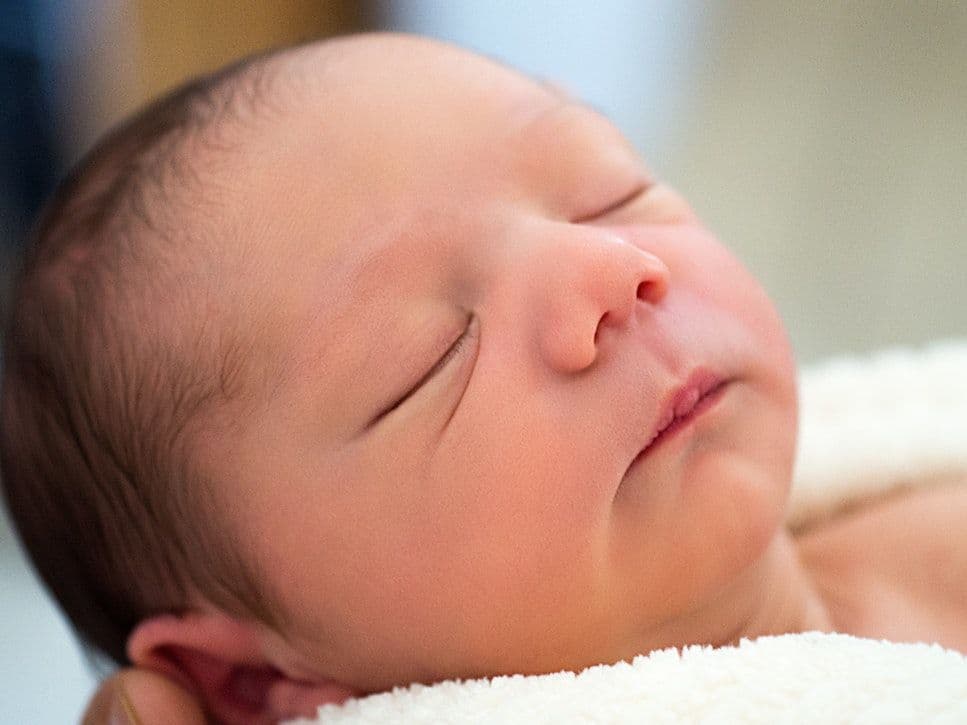Reverse Conception Calculator
Tools
Obie Editorial Team

What day was your baby was conceived? This conception calculator allows you to calculate the exact day of conception based on the weeks' gestation and delivery date.
Enter the day your baby was born and at how weeks of pregnancy the delivery was, and we will automatically calculate a range of dates when sex likely happened, when the baby was conceived, and the implantation date range.
How is the conception date calculated?
Conception, the fertilization of the egg by the sperm usually happens 266 days before the due date and the due date is calculated 266 days after ovulation conception and fertilization. The last menstrual period usually happens about 14 days before ovulation, so the due date is calculated 280 days after the first day of the last menstrual period.
How does conception occur?
There are three primary steps in conception: ovulation, fertilization, and implantation. Ovulation is the first step, the ejection of a mature egg from the ovary. Fertilization occurs when the sperm penetrates the egg. Finally, implantation is when the embryo attaches to the uterus.
What happens during ovulation?
Every month, one of your ovaries has immature eggs that begin to develop in what are called follicles. Usually one of these follicles will begin to mature and the others will stop growing and eventually degenerate. Eventually, the follicle matures and releases the egg from the ovary. This is ovulation and it typically occurs approximately two weeks prior to your menstrual period. For about twenty-four hours after ovulation, the egg can be fertilized.
Finding out when and if you ovulate is one of the most important factors when trying to get pregnant. If you don't ovulate, you can't get pregnant.
What happens during fertilization?
For fertilization to occur sperm must first be introduced to the egg and must then penetrate the egg. After the sperm enters the egg, the coating around the egg is altered to keep other sperm from also penetrating the egg. It is at this moment that the genetic makeup of the baby is determined, including the sex. Because the mother is only able to provide an X chromosome, the father must provide a Y chromosome if the baby is going to be a boy. If the father also provides an X chromosome, the baby will be a girl.
What is implantation?
Within twenty-four hours after the egg has been fertilized, it will begin dividing and will continue to do so as it makes its way through the fallopian tube and into the uterus. The fertilized egg will become a solid ball of cells and then a hollow ball of cells and an embryo. At this point it will shed its protective coating and hormones will be released by your body to help it attach to your uterus. When the embryo attaches to your uterus you may have some slight bleeding. This is known as implantation bleeding.







